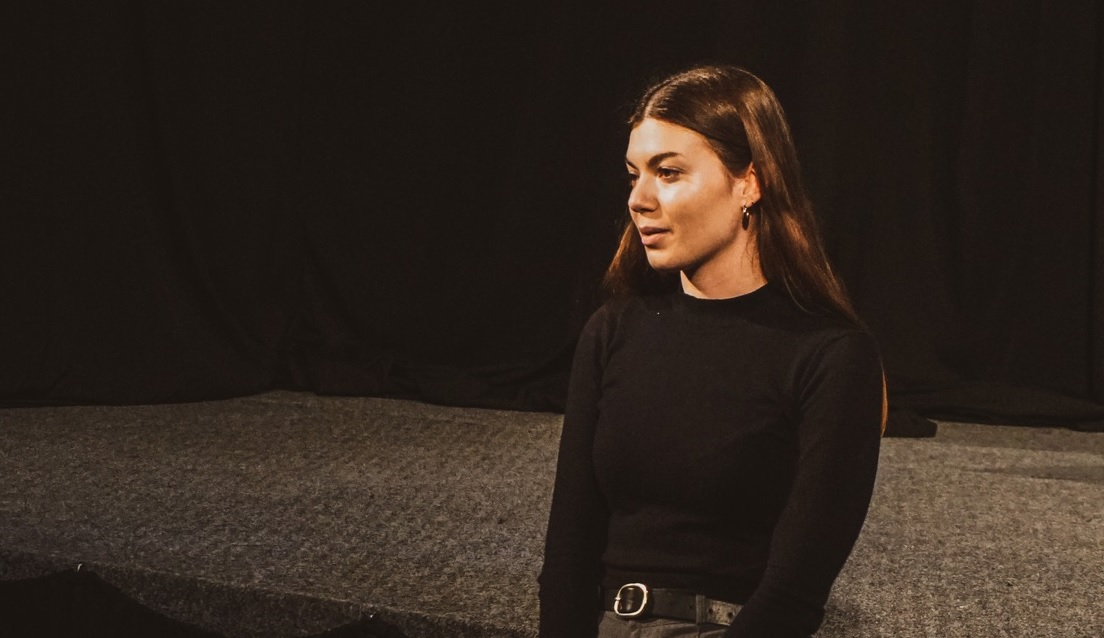12.10.2023

When you are in a group of people and the topic of the European Union enlargement pops up, it seems to have different expected responses depending where you are and who you are talking with. Through globalization and the moreover presence of young people on the internet, an array of EU enthusiast and EU sceptics have continuously been arguing in various comment sections alike to any opposing fan clubs, but these conversations more or less take place with citizens of the European Union. What is going on in the heads of young people living in Europe but outside of the borders of the EU?
As I myself am a citizen of the region outside of EU, namely Bosnia and Herzegovina, and have been associated with young people from the Western Balkans region through studies and professionally, the EU enlargement topic is something that is often addressed and for all of those wondering what does the youth of the Western Balkans think about the EU enlargement- they don’t. This answer is more often a disappointment rather than something which is expected, but I will elaborate.
The average person, especially young individuals, lack the understanding and wider context of what the European Union precisely is and what being a member state means. It is perceived as something far away and in some way a utopia or a getaway at one point in life, but not something that will come to their homes. This is perceived because the everyday political reality in post conflict states is in a negative atmosphere bringing to the general point of people being apolitical.
People, I will take Bosnia and Herzegovina as a very vivid example, from a young age are surrounded by political narratives and political overburden which brings them to feel as if politics is something negative, corrupted and only bringing bad circumstances in their life, so automatically anything related to politics is seen as unpreferable topic to be addressed. This is also an issue because young people do not see politics as something affecting them, but as if it something happening on the side, ultimately making it seem as if they do not have any part in decision making processes which involve their futures. The narrative is very Balkan centric in the sense that everything what is Balkan is bad, and everything abroad is good (by the term good it usually implies on economic stability). Because of the presence of such a strong negative environment, it seems almost impossible to imagine that a better society can be an option. Even when seen as a potential, it is seen as if the EU would come to Bosnia and Herzegovina to fix it’s internal problems, not understanding that Bosnia and Herzegovina would need to “fix itself” and follow many criteria of accession before becoming a member state. All of this is a concept which is not discussed in public opinion and yet Bosnia and Herzegovina is a candidate for the EU accession.
At the end of the day, young people who have a broader understanding of the EU than just “a place where everything functions well” are a very small group and this in the case of potential new members is worrying because the future population does not even know whether they support the accession or not, whether it is something that will benefit them or not, and who will potentially carry out the decision without having a bigger picture. If the candidate states were to work more on joining the EU, working with their citizens should be a priority.
The EU enlargement from the eyes of young people in the Western Balkans needs to be studied more closely, because the youth should receive aspects of understanding the European Union as it has a potential to directly impacts their lives. Some benefits which are achieved are offering educational and career opportunities, facilitating travel and cross-cultural experiences, and addressing critical global challenges like climate change and migration. Understanding the EU's role in promoting peace, democracy, and human rights, as well as its economic significance, empowers young people to engage as informed citizens and future leaders who can shape the direction of a united Europe, contributing to their personal growth and the continent's well-being.

Nadira Ćurulija holds a BA degree in International Relations and Diplomacy from the Faculty of Political Sciences of the University of Sarajevo and has been engaged in the civil sector of Bosnia and Herzegovina and the Western Balkans since 2018 in topics related to youth.